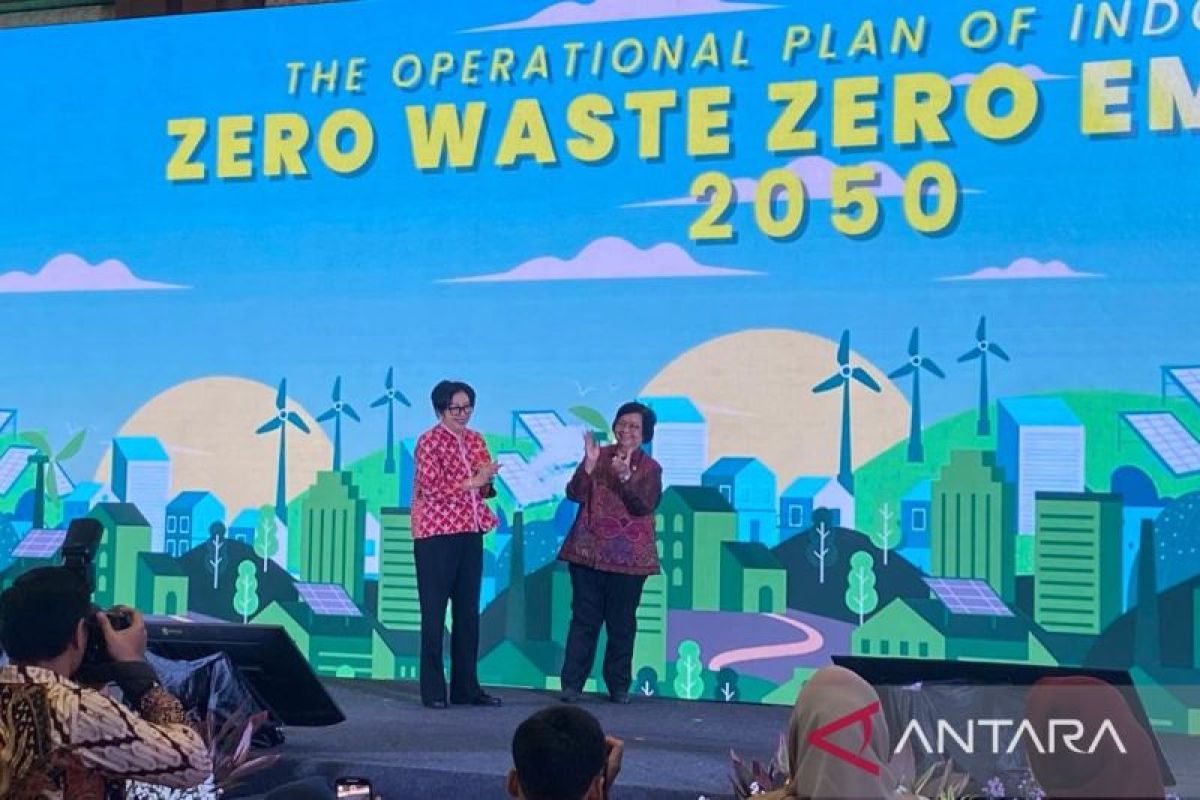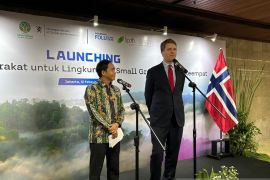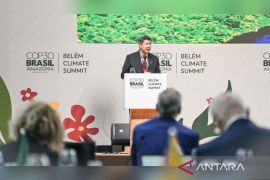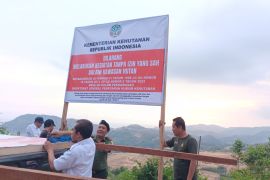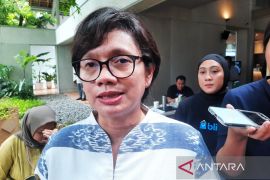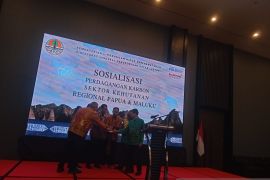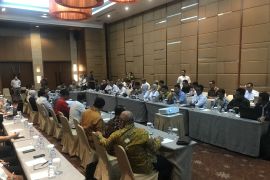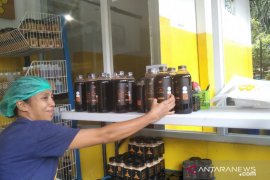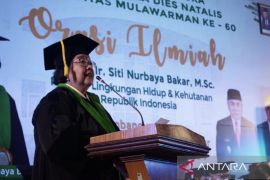With the mitigation actions outlined in the document, peak emissions from the waste sector will occur in 2030, reaching 217 million tons of CO2 equivalent.Jakarta (ANTARA) - The Ministry of Environment and Forestry launched the Zero Waste Zero Emission 2050 document in Jakarta on Tuesday, with the aim of eliminating the waste sector's contribution to emissions by 2050.
"Waste management is an important element in low-carbon emission and climate-resilient development," Environment and Forestry Minister Siti Nurbaya stated while speaking at the National Coordination Meeting for the Management of Waste and Hazardous and Toxic Materials (PSLB3) on Tuesday.
According to Nurbaya, waste management is one of the five main sources in the government's efforts to reduce greenhouse gas emissions in accordance with the targets set in the Enhanced Nationally Determined Contribution (NDC) climate document.
Moreover, waste is a daily issue in society, and if not managed properly, it will damage public health, Nurbaya noted.
Hence, the minister reminded all stakeholders to monitor new progress in waste management with the ultimate goal of reducing greenhouse gas emissions.
At the COP28 Climate Change Conference in the United Arab Emirates at the end of 2023, the ministry conducted an initial launch or soft launch of the Zero Waste Zero Emission 2050 operational plan document.
"The document outlines the strategic approach of the waste sector to achieve zero waste by 2040 in order to achieve the target of zero emissions by 2050," Nurbaya explained.
With the mitigation actions outlined in the document, peak emissions from the waste sector will occur in 2030, reaching 217 million tons of CO2 equivalent.
After reaching the peak, emissions are projected to decrease gradually, reaching 62 million tons of CO2 equivalent by 2050 and nine million tons of CO2 equivalent by 2060.
On the same occasion, the ministry's Director General of PSLB3, Rosa Vivien Ratnawati, highlighted that one of the important steps proposed in the document aims to ensure no more waste is sent to landfill sites since it can produce methane, a type of greenhouse gas.
"The document stated that in 2030, we want to implement a policy to prohibit the establishment of landfill sites," she emphasized.
To achieve this goal, the government is encouraging waste management starting from upstream and no longer collecting and transporting waste to landfills. Ratnawati said landfill sites are expected only to accommodate the last residue of waste.
Related news: Net-zero emission efforts must align with SDGs: VP Amin
Related news: Energy transition is vital to achieve net-zero emission target: BRIN
Translator: Prisca Triferna V, Resinta Sulistiyandari
Editor: Arie Novarina
Copyright © ANTARA 2024
